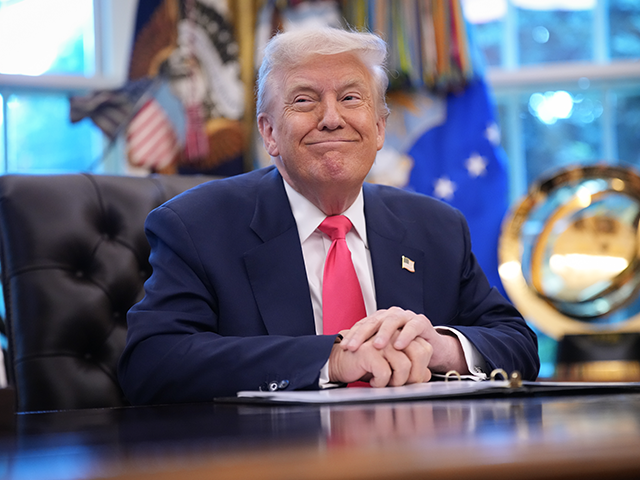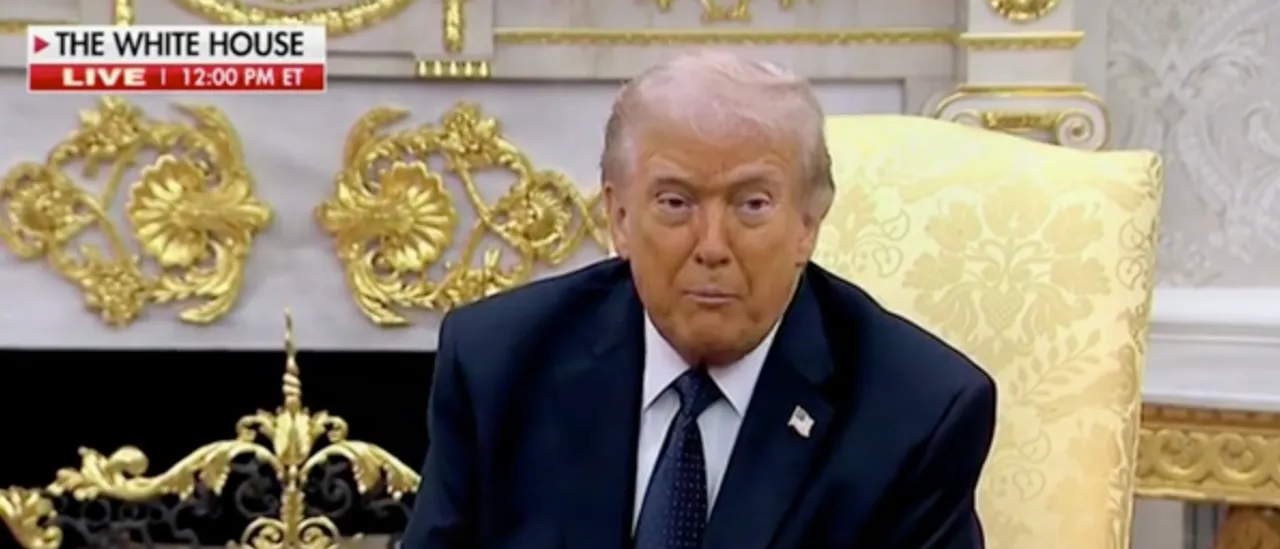This week’s economic headlines delivered a surprising twist: tariffs, long criticized as consumer taxes, are now associated with falling prices in key sectors. According to the latest Commerce Department data, durable goods — the products most directly impacted by tariffs — have seen price declines for two consecutive months. Real consumer spending on these goods rose by nearly one percent, suggesting that Americans are buying more while paying less.
A Harvard Business School tariff tracker reinforced the trend, showing tariff-affected imports rising less in price than goods untouched by tariffs. Even U.S.-made products competing with imports in tariffed categories have registered price declines. These findings undercut years of warnings from mainstream economists, many of whom signed onto an amicus brief attacking Trump’s influence over the Federal Reserve.

That brief, backed by former Fed chairs, Treasury secretaries, and well-known economists, argued that removing Governor Lisa Cook would erode Fed independence and destabilize inflation expectations. But critics note the signatories are all vocal Trump opponents, and the argument rests on the shaky premise that inflation is primarily driven by public psychology rather than policy fundamentals.
Meanwhile, polling shows Republicans holding a solid lead over Democrats on economic trust. Thirty-four percent of Americans say the GOP has the better plan for the economy, compared to just 24 percent for Democrats. Analysts point to the absence of a clear Democratic economic vision beyond opposing Trump, leaving voters unconvinced.
With prices trending down in tariff-sensitive categories and public skepticism of establishment economists growing, the data is reshaping debates over trade and policy — and delivering unexpected political momentum to Trump’s economic platform.



